Before going big, you need to start small, you don’t need thousands of dollars in your bank account to start improving your financial situation.
The changes start daily with small improvements that put you on the right path, today, I’ll go through some of those small improvements that you can start to implement right away.
I hope this blog brings you some value, if it does, I would really appreciate it if you would subscribe to me in return.
It means a lot to me to have your support, also, I would love to be more in touch with you.
You can do so by clicking here…
↓ ↓ ↓
Join our notification squad on Aweber
And
For PC click the GREEN bar at the bottom, and for MOBILE click the BLUE button at the bottom of your screen to get immediate notifications from your browser.
With all that said, here are 15 small financial improvements to start with.
1. Know Where Your Money Goes.

You might know exactly where each cent is going every month, but you’d be surprised at how many people struggling financially have no idea where their money goes.
A small, inconspicuous amount is debited each month with some obscure reference, but it’s only a small amount, so you don’t bother following up.
But small amounts add up to large amounts, and by keeping an eye on where your small amounts are going, could save you a lot of money every year.
2. Pay For And Buy Everything You Need At The Beginning Of The Month.

All of your bills, groceries, miscellaneous items, everything you need each month, this helps you to have a clearer idea of how much your basic monthly needs cost.
Take advantage of bulk deals and ensure you’re covering your basic needs first before spending on extra stuff.
3. Don’t Tell Yourself That You’re Bad With Money.

We’ve all been guilty of this, we tell ourselves that we suck at money, one of the key takeaways is to stop telling yourself that you suck at money.
Because like any skill, being financially savvy can be learned, and the first step is to change your mindset, so, change your rhetoric, and then start making the changes to start improving financially.
4. Familiarize Yourself With Financial Tools.
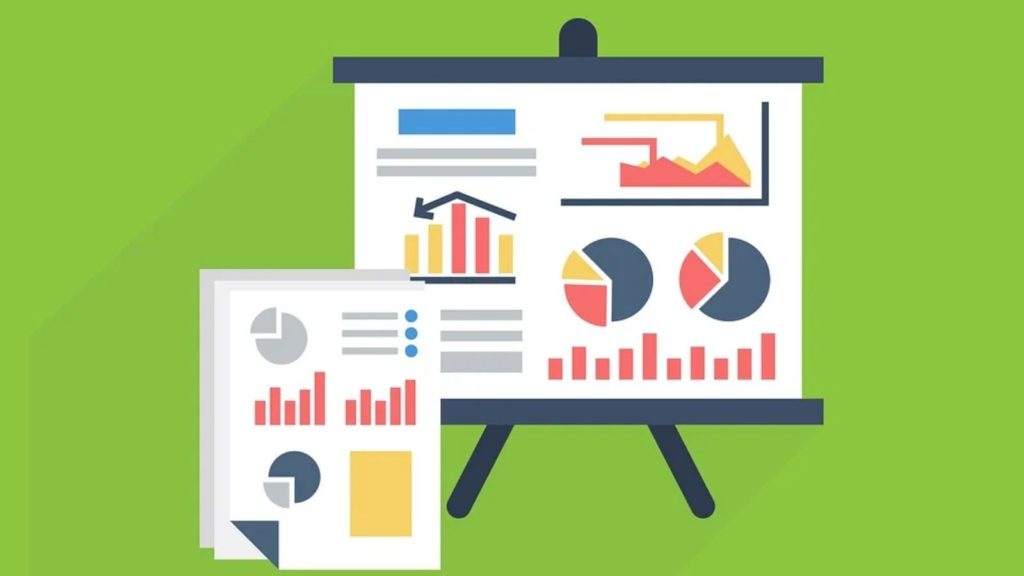
We’re talking about everything! From how taxes work, how interest works, how capital works, and so on.
Even a basic understanding of these tools and how to negotiate them, can make a huge difference for you in the long run.
And even if you’re not using them right now, be aware of how they’ll work to put you in a better spot to make better decisions down the line.
5. Save With A Purpose.

Saving money for the sake of saving money is bad, for one, opportunity cost, meaning what you could have made with that money instead.
And secondly, you’ll lose money in the long run due to inflation, if you have $45,000 in your bank account right now and you leave it there for the next 25 years, that $45,000 will have lesser buying power due to inflation.
Banks always offer low interest rates compared to inflation, this is also the reason why we advise getting familiar with financial tools, saving money for the long run, or retirement is a bad plan.
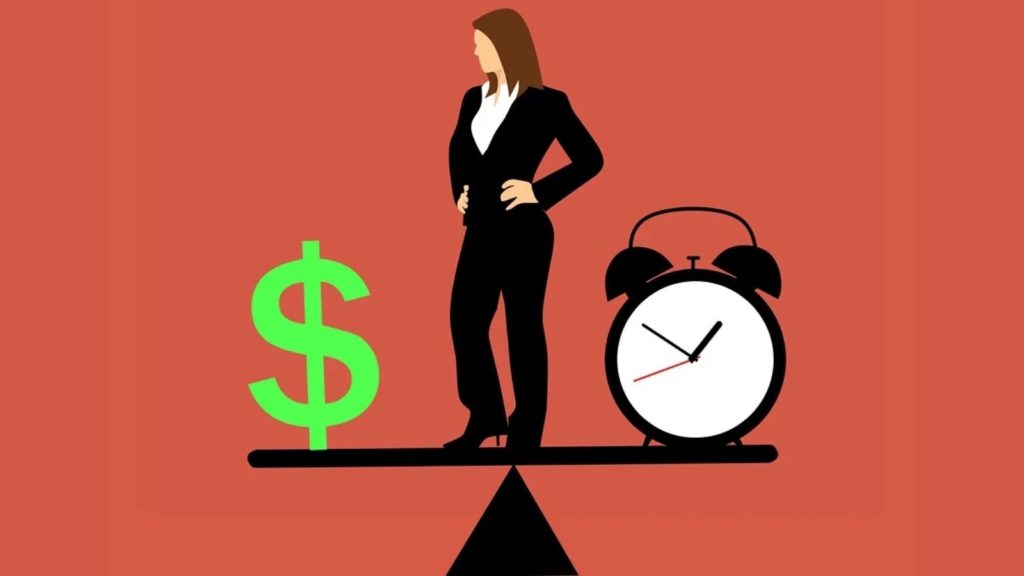
But does that mean that saving is a bad habit? Well, no, obviously not, but you need to save with a purpose.
For example, saving money for a couple of years to be able to provide a down payment for an investment property, is a good plan, saving money for an emergency, also a good plan.
But always have a plan for the money, get into the habit of saving regardless of your income, if you can’t save $10 when you’re making 100, you won’t be able to save 100 when you’re making 1000.
6. Improve Your Knowledge.
These days the internet is crammed with free resources to help you improve your financial knowledge, so no excuses that you can’t afford a financial advisor.
Keep up-to-date with financial trends, even if you don’t use them, be aware of them and their influence on the current economy, and never stop learning.
7. Live Within Your Means.
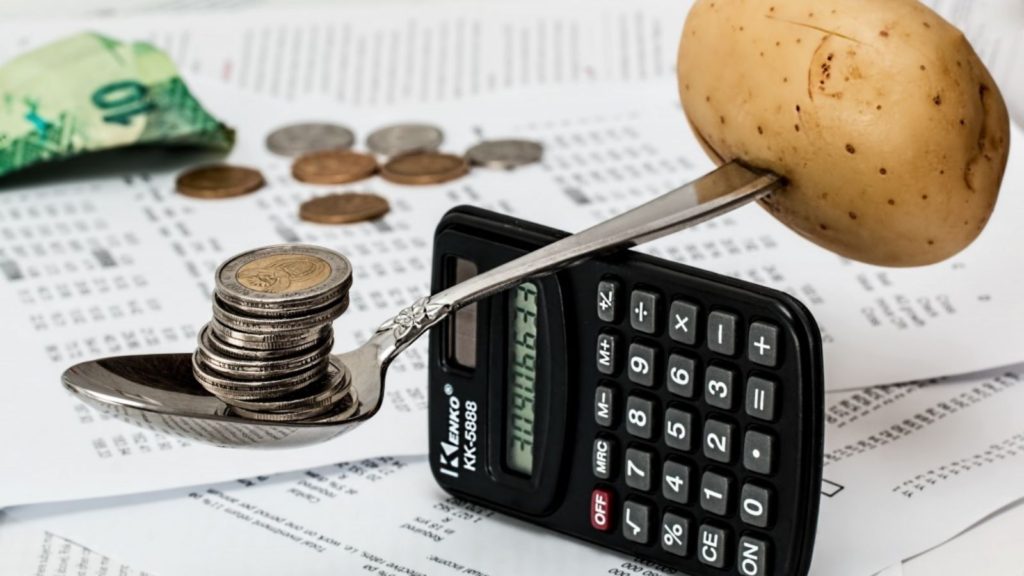
You might be thinking, “Errr…But Adventgao, you said small financial improvements,” Now I know what you’re thinking, this might sound huge, but instead start small.
For example: You eat cereal every morning, but you’re always buying the expensive sugar-coated garbage, next time by oats instead, not only is it healthier, but it costs you a lot less, that’s what we’re talking about.
Start small, and you’ll see how it filters down to the bigger unnecessary expenses.
8. Hang Out With People Who Have The Same Financial Goals As You.
Now I’m not saying ditch your friends, but the friend who eggs you on to buy a Gucci watch or eat another piece of that cake because “You deserve it, or it’s only a little treat”.
Is not going to help your finances, perhaps leave that friend at home when you go shopping.
9. Budget Your Life.
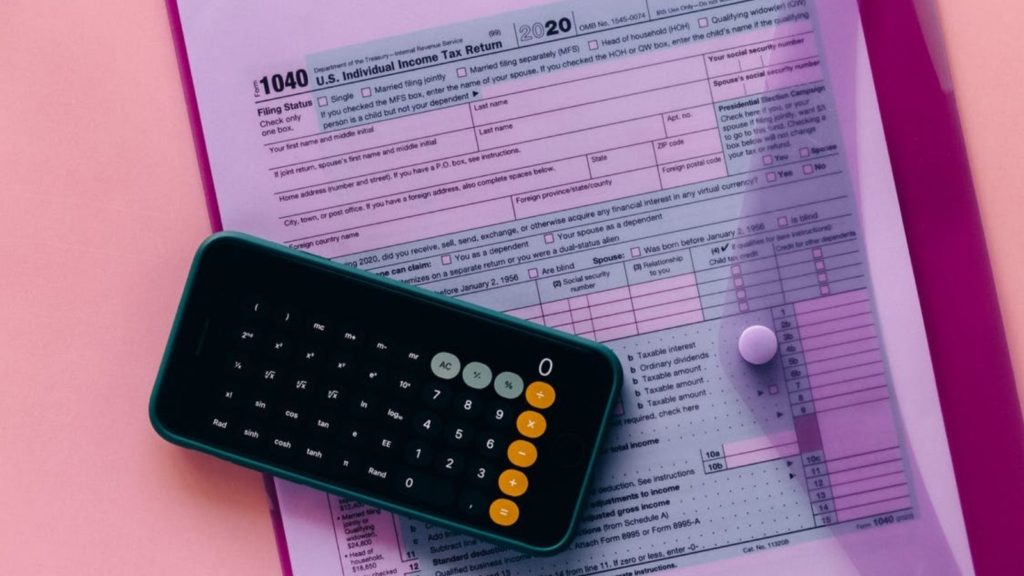
For some reason, people get really defensive when they hear the word budget, like it’s something bad that you’re forced to do given your situation.
But that cannot be further from the truth, budgeting means making sure you can do everything you want today and do it again tomorrow, and the next week, and the next year.
Jaspreet Singh from Minority Mindset destroyed the 10% rule and the 70 – 20 – 10 rule.
He said to everyone to please stop using these methods because they are secretly going to make you broke, instead, he said you need to do this right now! To have any fighting chance at being happy & wealthy…
10. Have A Retirement Plan.
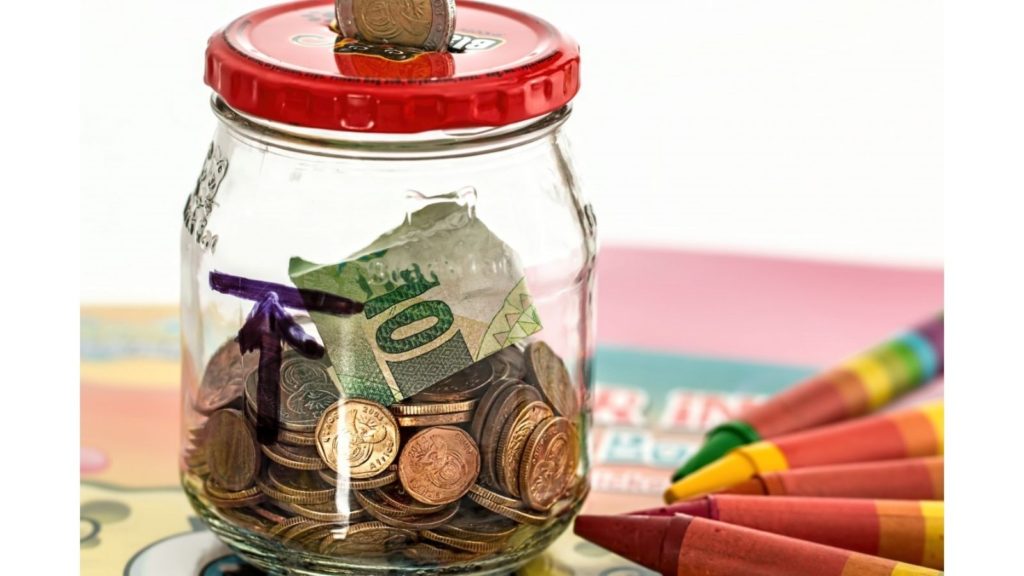
Look, here’s the thing, there’s absolutely no way anyone is saving during 40 years of work to last another 20 to 30 years of retirement, and relying on your government to provide for you is also a bad plan.
So, you need to have your own plan, start getting educated about how people actually retire with enough money to live comfortably, find what works for you, and act on it.
11. Give Your Money Meaning.
Ok Adventgao, what do you mean by this? Let’s say you have a goal that by the end of next year, you want to have saved enough money to head to St Lucia for a holiday.
Great! However, the next minute you find yourself in front of an alluring restaurant, but, you know the prices are going to be steep, do you want your money to be spent on the food or the trip?
Your money is the means to a holiday, so don’t waste it on a non-essential, like a silly restaurant, especially when you could simply make food at home.
12. Understand The Price Quality Ratio.
We talked about things that are worth going premium, but this does the same from the opposite side.
Price and value are not in a direct relationship, for example, there’s a big difference between a $3 bottle of wine and a $10 bottle of wine.
But between $10 and $100 bottle, most people won’t be able to tell them apart, the same with toothpaste, they’re all pretty much the same regardless of brand or price, organic food is another trap people get into.
When you identify what items are worth going premium, and what you should buy on the cheap, you’ll see a big difference in your monthly budget.
13. Don’t Always Go For The Specials.

You might have spent tons of time circling and cutting out where all the great specials are in your local newspaper.
But by the time you’ve driven from place to place, you’ve wasted time, fuel, and energy, and there is nothing special about that.
14. Use Technology.

Forbes suggests using technology to help improve your finances by using apps that track your income and expenditure.
CNBC adds that smartphones have become mini financial coaches in the pockets of millions of Americans.
Bank of America uses a virtual assistant called Erica on its mobile banking app, Erica performs many functions, but one function is, she alerts users when they’re nearing their overdraft facility.
She helps those who struggle to budget while at the same time making it easier for most people to make better financial decisions.
See what app suits your lifestyle best and take advantage of technology to help you improve financially.
ATTN: Please be careful, each app suits a different kind of person, so please do some extensive research before downloading one.
However, if that sounds like too much effort, then I’ve got you covered!
15. Beware Of Frugal Fatigue.

Frugal fatigue is sheer exhaustion from living frugally every day, it might work for a short while, but continually denying yourself pleasure makes you grouchy and unpleasant.
The problem with frugal fatigue is it leads to large impulse purchases, so grant yourself some small pleasures, they’re essential to living not only a healthy financial life, but your emotional, mental, and physical, well-being depends on it too.
And with that, my friends, we’re at the end! Those were the 15 Small Financial Improvements To Start With (Kickstart Your Financial literacy & Wealth Management TODAY!)
I hope this blog brought you some value, if it did, it would mean the world to me if you would subscribe to me, in return.
It means a lot to me to have your support, also, I would love to be more in touch with you.
You can do so by clicking here…
↓ ↓ ↓
Join our notification squad on Aweber
And
For PC click the GREEN bar at the bottom, and for MOBILE click the BLUE button at the bottom of your screen to get immediate notifications from your browser.
Thank you again for taking the time to read this, and I will see you next time with another awesome blog post made just for YOU!
“Alux”,”Alux.com”,”Alux Youtube”,”fine living”,”financial life”,”ways to improve your financial life”,”What are 15 Small Financial Improvements to Start With?”,”small financial improvements to do with your life?”,”15 methods to improve your financial life?”,”15 ways to improve your financial life”,”improve your financial life reddit”,”improve your financial life quora”,”15 Small Financial Improvements for your life?”,”how to improve my financial life”, 15 basic money skills everyone should know, how to manage financial resources in a business, financial recommendations for a company, how to manage financial resources in an organisation, how to improve financial performance of a company, how to improve your finances, 15 signs you ‘re not ready to be rich



